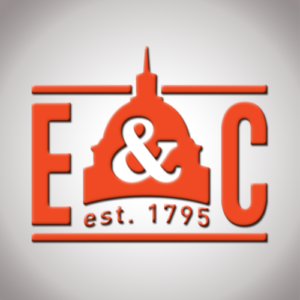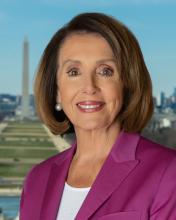SNAP Takes Position on State Medicaid Funding After Hahnemann Closure
Pennsylvania’s Medicaid resources should follow now-closed Hahnemann University Hospital’s Medicaid patients as those patients turn to new providers, the Safety-Net Association of Pennsylvania declared in a position statement issued this week.
 According to SNAP,
According to SNAP,
…the best way to protect access to care and prevent additional financial strain on Philadelphia hospitals is to ensure that all state resources reallocated in the wake of Hahnemann University Hospital’s closure follow the displaced patients.
In preparation for addressing this challenge, SNAP performed a data-based analysis of where Medicaid patients turned for care upon the closing of St. Joseph’s Hospital, like Hahnemann a high-volume Medicaid provider and located in the same community as Hahnemann, in 2016. This analysis identified where patients went when St. Joseph’s closed and in its position statement, SNAP urges state policy-makers to perform similar analyses and ensure that state Medicaid resources, especially supplemental payments made to hospitals that serve especially large numbers of Medicaid patients, be distributed to the hospitals that actually serve displaced Hahnemann patients. Such an approach, SNAP maintains, is the best way to ensure the future of the health care safety net in Philadelphia.
Learn more in the SNAP position statement “Protecting Philadelphia’s Health Care Safety Net From the Financial Implications of the Closing of Hahnemann University Hospital.”
 The Medicaid DSH cuts, mandated by the Affordable Care Act, have already been delayed three times by Congress and could be on their way to a fourth delay if the proposal advanced by the Health Subcommittee is endorsed by the Energy and Commerce Committee and works its way to the full House of Representatives, where such a proposal is thought to enjoy wide support.
The Medicaid DSH cuts, mandated by the Affordable Care Act, have already been delayed three times by Congress and could be on their way to a fourth delay if the proposal advanced by the Health Subcommittee is endorsed by the Energy and Commerce Committee and works its way to the full House of Representatives, where such a proposal is thought to enjoy wide support. The report consists of descriptions of the different types of supplemental Medicaid payments that states make to some providers, including:
The report consists of descriptions of the different types of supplemental Medicaid payments that states make to some providers, including: Last week the Medicaid and CHIP Payment and Access Commission voted overwhelmingly to change how hospitals calculate their Medicaid shortfall: the difference between what they spend caring for their Medicaid patients and what Medicaid pays them for that care. Under MACPAC’s proposal, hospitals would need to deduct from their shortfall total all third-party payments they receive for the care they provide to their Medicaid patients.
Last week the Medicaid and CHIP Payment and Access Commission voted overwhelmingly to change how hospitals calculate their Medicaid shortfall: the difference between what they spend caring for their Medicaid patients and what Medicaid pays them for that care. Under MACPAC’s proposal, hospitals would need to deduct from their shortfall total all third-party payments they receive for the care they provide to their Medicaid patients. According to Speaker Pelosi,
According to Speaker Pelosi, Last week the Medicaid and CHIP Payment and Access Commission released its annual report to Congress, with most of the report focusing on its analysis and recommendations for policy updates involving Medicaid disproportionate share hospital payments (Medicaid DSH) and Medicaid upper payment limit payments (UPL payments).
Last week the Medicaid and CHIP Payment and Access Commission released its annual report to Congress, with most of the report focusing on its analysis and recommendations for policy updates involving Medicaid disproportionate share hospital payments (Medicaid DSH) and Medicaid upper payment limit payments (UPL payments).